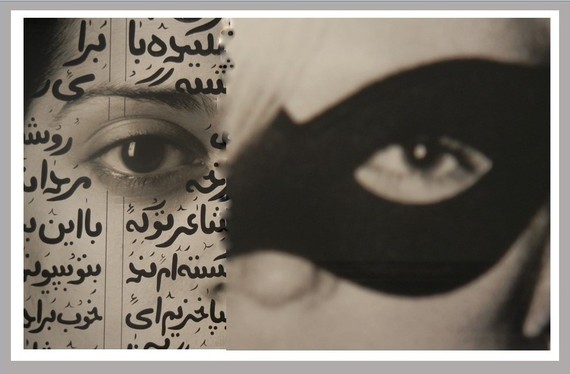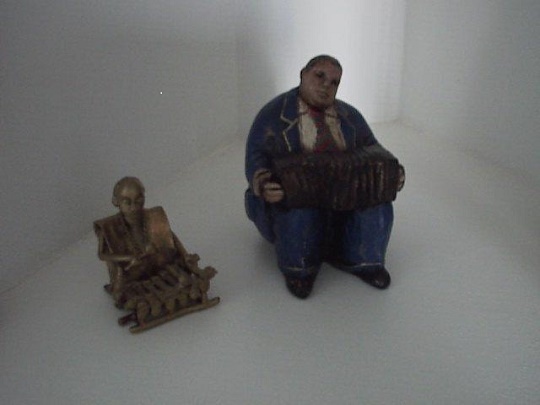Some time ago, I was attending a meeting at a large corporation and one executive was sharing with me about the interest her organization had in programs that foster inclusion and training in diversity, to help improve collaboration in the giant accounting firm's diverse work force.
Type in "Books on diversity and inclusion", and depending on the speed of your browser, in 0.47 seconds you may have pulled up a list of 69,000 titles. If you don't restrict your search to books, the sole mention of diversity and inclusion in the workplace, picks up the (inhuman!) number of forty three million nine hundred thousand entries. But the total winner is "diversity and inclusion training", with the flabbergasting number of one hundred and ten million entries.
Without attempting a comparative analysis of how many entries are pulled up on other topics, the issue of what we do about accommodating our differences seems to be a hot one. I decide to browse the online version of the New York Times to explore the topic a bit further, and without much effort I find a large repertoire of headlines: "States Push to Let Businesses Refuse to Serve Gay Customers" (about diverse gender preferences), "The Ferguson Nightmare"(about race), "In Ellen Pao's Suit vs. Kleiner Perkins, World of Venture Capital Is Under Microscope"(about women's equality), "Two Outcomes, Similar Paths: Radical Muslim and Neo-Nazi" (about race and religion), "The Supreme Court Has the Power to Deepen a National Health Divide" (about socio-economic differences). We are all used to the daily challenge of accepting different political viewpoints, the cultural habits and traditions of neighbors, the personality types different from ours at the workplace, and closer to home- the bizarre customs of our in-laws, even the incomprehensible values of our partner, not to mention those of our own teenagers. Suddenly I realize that wherever I look, the complexity of so many others - 7 billion of them- different from myself becomes evident and almost overwhelming. I think I understand why there are one hundred and ten million entries when typing those words in Google. We certainly need that, and more.
Or do we?
Something feels wrong. I recall the famous Argentine writer Jose Luis Borges, who always puzzled and amazed his interviewers with his bizarre replies. The clue was that he had the ability of turning things upside down, and looking at them from a different perspective. He knew how to make the most familiar things unfamiliar, and by doing so he shed light on new dimensions of meaning. He reinterpreted reality from a new framework, never minding how much he was shattering a popular, collectively held assumption. Therein lay his charm, and we all, at one time or another, fell for it.
So what if this whole diversity thing was just the consequence of looking at something from the wrong side? What if all our diversity trainings and efforts were doomed to be useless, hopeless? What if we stepped back for a moment, and asked ourselves for example- why do we want to become better at accepting diversity?
An answer comes to my mind: Because we want (or need) to get along. We need to live together, work together, share rooms, offices, cities, country, planet. We need to figure out how to get along because in small or large ways we have to solve problems with others. And if we don't, our lives can be exhausting, tedious, and miserable. (How much time do you spend each day trying to figure out others?)
So here is a Borgean experiment: What if we focused on similarities? Instead of centering our efforts in understanding, accepting, tolerating all that is different and 'weird', we could focus on what we have in common with the most 'different' ones.
A researcher at heart, I search for a scientific theory that would talk into this idea and find it: The positive psychology - the appreciative inquiry approach - indicates that we can live a happier and more effective life if we concentrate on what works well, in order to find the clue for how to solve current problems.
So let's give it a try. Our strenuous attempts to master diversity are just a means to get along well with others. So what can we learn from when we do actually get along well with others? When we have fun, enjoy each other's company, respect and connect with others? Perhaps that's it. We get along easily when we play the same game, when we are united by a common goal, mission, purpose, and when we pay more attention to what we have in common than to what makes us different. The commonality becomes the emotional glue. Whether it is a common pain, tragedy, crisis, joy, challenge, fragility or confusion.
I'm done with diversity. I propose a basic, simple, re-learning of what makes us happy: the connection to another person similar to us. How? Just think of the strange other, and go on a Treasure Hunt: What is the one thing that we may have in common?

